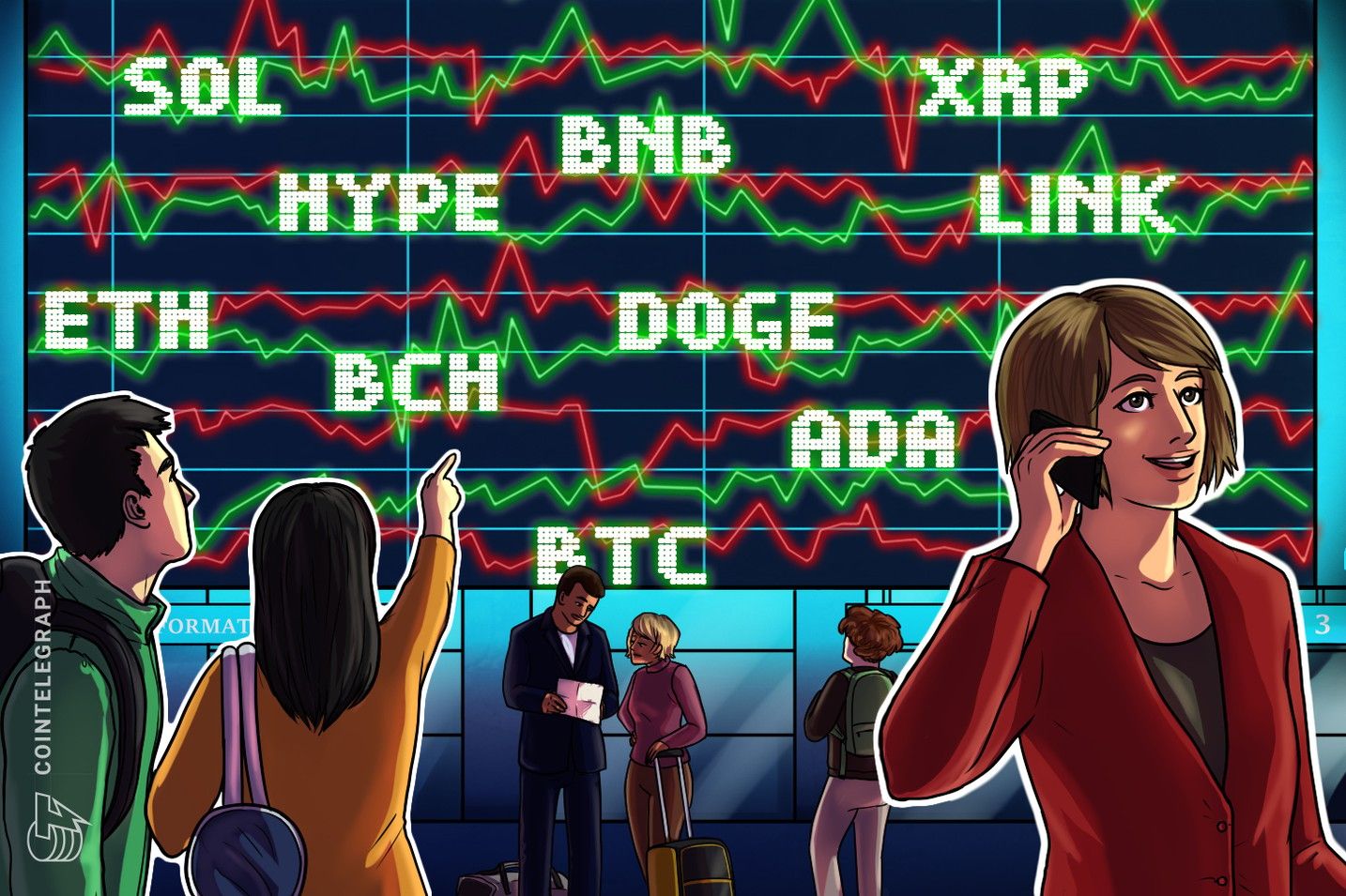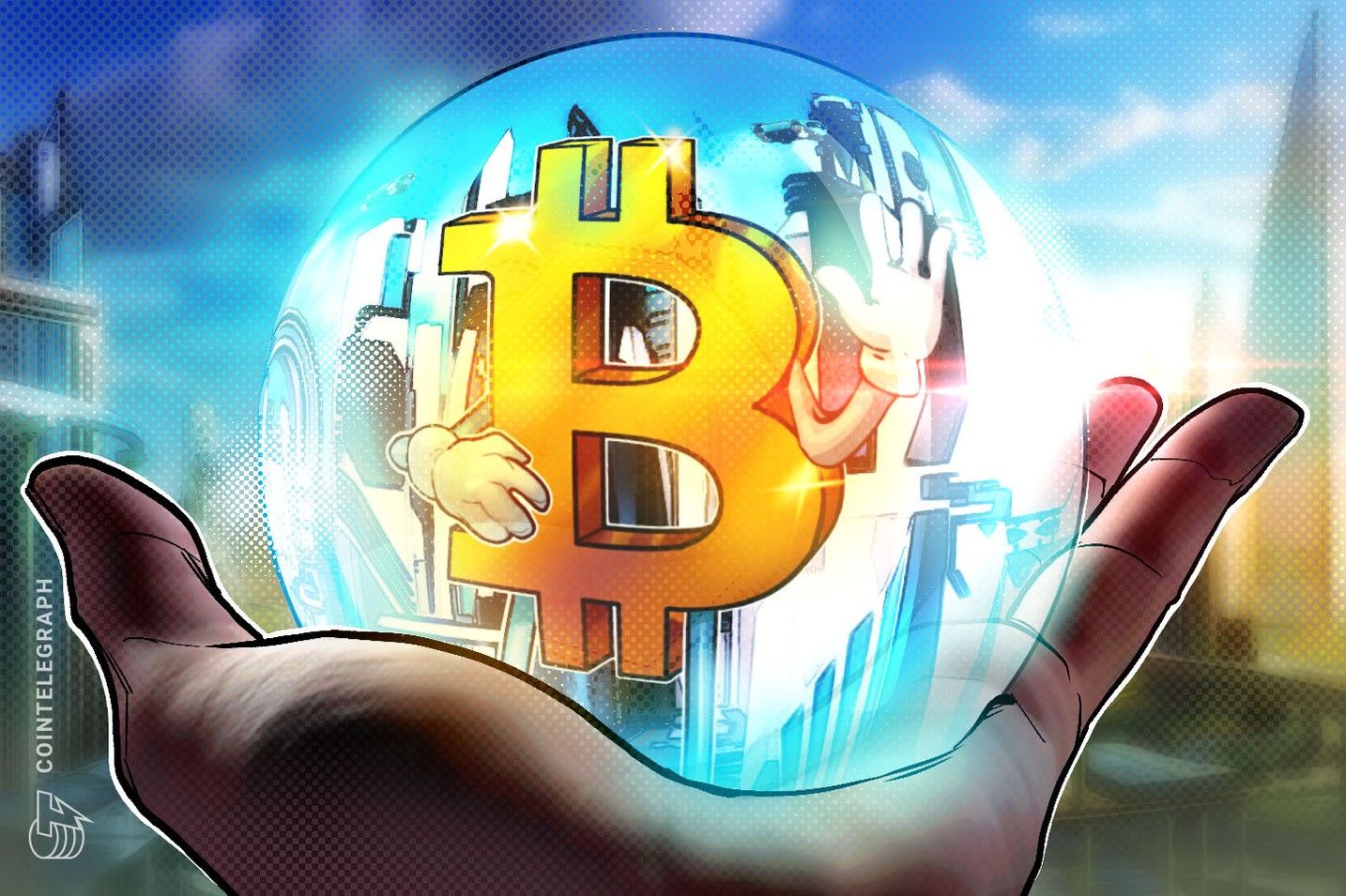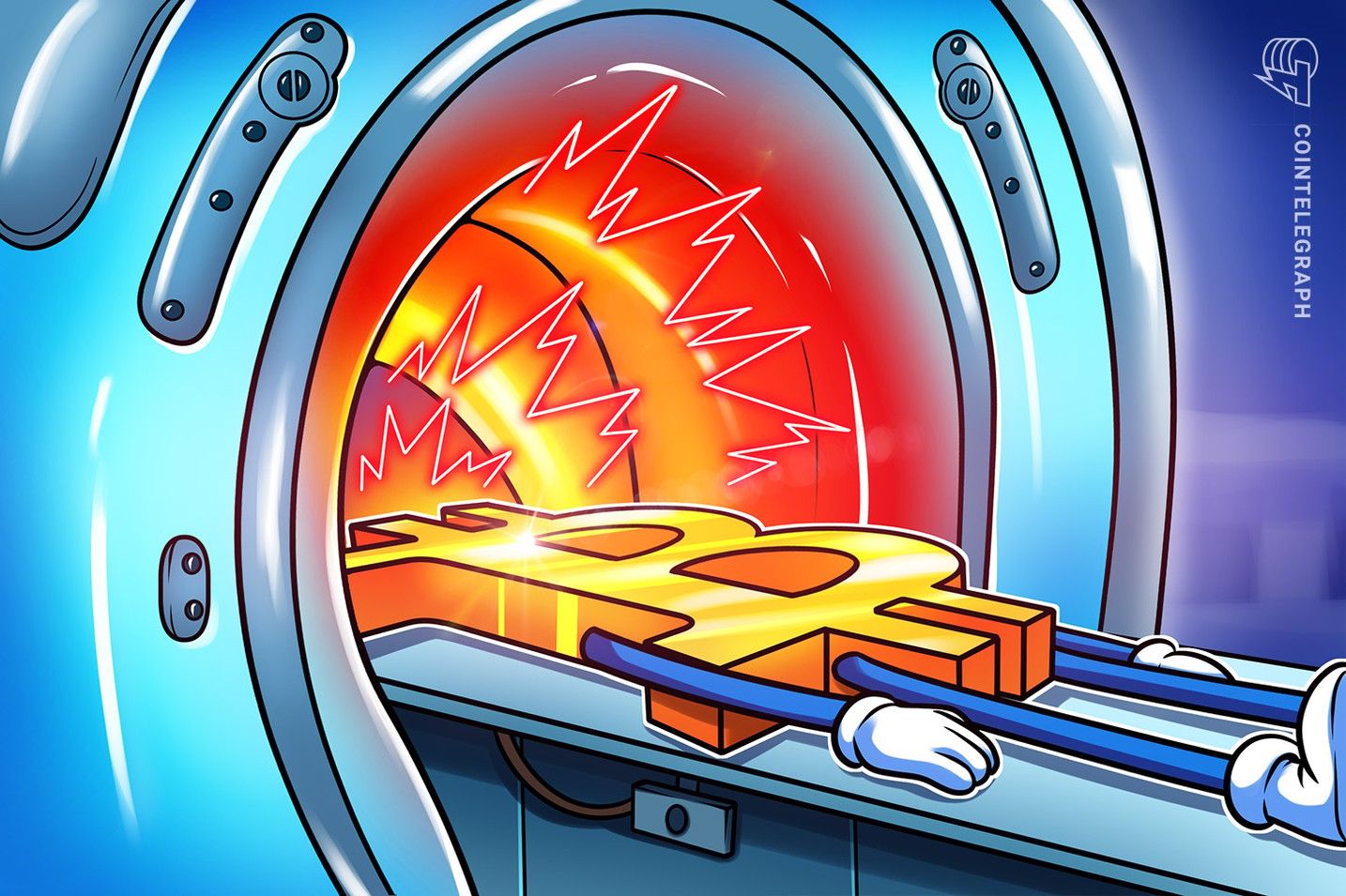The One Solana Scholarship: Decentralizing Education to Fuel the Future of Innovation and Investment
- The One Solana Scholarship uses decentralized governance to democratize education, aligning with ESG principles through community-driven learning and open-source contributions. - Argentina's Solana Economic Zones (SEZs) saw $500K in FDI and 80 B2B partnerships by 2025, driven by local innovators empowered by the scholarship's inclusive model. - Institutional adoption grew as Solana University-trained liquidity providers enabled Jupiter's $580M staking plan, attracting $1B in institutional reserves from G
In the evolving landscape of knowledge-driven economies, the intersection of education, innovation, and decentralized governance is no longer a theoretical concept—it is a proven engine of growth. The One Solana Scholarship, a pioneering initiative by the Solana Foundation, exemplifies how decentralized management structures are dismantling traditional barriers to access, creating a fertile ground for high-impact opportunities. For investors, this represents not just a shift in pedagogy but a seismic realignment of value creation in the 21st century.
The Decentralized Model: Democratizing Access and ESG Alignment
The One Solana Scholarship operates on a governance framework that mirrors the principles of blockchain itself: transparency, inclusivity, and community-driven decision-making. Unlike traditional educational programs, which rely on centralized authorities to dictate curricula and outcomes, this initiative empowers student leaders and developers to co-design learning paths, mentorship programs, and community engagement strategies. This decentralized approach ensures that educational content is not only relevant to emerging markets but also aligned with ESG (Environmental, Social, and Governance) principles.
Consider the case of Argentina's Solana Economic Zones (SEZs). By 2025, the scholarship had catalyzed $500,000 in foreign direct investment and forged 80 B2B partnerships in the region. These outcomes are not accidental; they are the result of a system where local innovators—many from underrepresented communities—have agency over their own development. The scholarship's emphasis on open-source contributions and public goods further reinforces its ESG credentials, as participants build tools that strengthen Solana's infrastructure, attracting institutional capital and fostering long-term sustainability.
Institutional Validation and Financial Returns
The financial metrics surrounding the One Solana Scholarship are equally compelling. In 2025, liquidity providers trained through Solana University contributed to Jupiter's $580 million SOL staking plan, a project that directly enhanced the Solana network's liquidity and scalability. This, in turn, attracted institutional players like Galaxy Digital and Multicoin Capital, which have since committed to a $1 billion institutional reserve asset for Solana—a milestone that underscores the ecosystem's growing credibility.
Moreover, the scholarship's alignment with Solana's broader governance model—validator-only voting via SPL tokens—has created a feedback loop where educational outcomes drive technical innovation, which in turn attracts institutional investment. For instance, the launch of the REX-Osprey Solana + Staking ETF (SSK) in July 2025 marked a watershed moment, as it became the first U.S.-listed crypto staking ETF. This institutional adoption is not merely speculative; it reflects a calculated bet on the long-term value of decentralized education platforms that produce real-world applications.
Why Now? The Convergence of Education, Innovation, and Capital
The timing for investment in decentralized education platforms has never been more auspicious. Solana's infrastructure—processing over 65 billion transactions annually and supporting 5.5 million daily active addresses—provides a robust foundation for scalable, low-cost governance. Network upgrades like SIMD 326 “Alpenglow,” which reduced block finality to 150 milliseconds, have further enhanced accessibility for smaller validators, democratizing participation in ways that mirror the scholarship's mission.
For investors, the key insight lies in the flywheel effect: as the One Solana Scholarship trains a new generation of Web3 professionals, it simultaneously strengthens Solana's ecosystem, attracting both retail and institutional capital. This dynamic is already evident in the price trajectory of SOL, which has broken out from a descending wedge pattern in April 2025, with analysts projecting a potential rise to $400–$500 by year-end.
Strategic Recommendations for Investors
- Target Decentralized EdTech Platforms: Prioritize investments in initiatives that leverage Solana's infrastructure for tokenized credentials, gamified skill development, and decentralized tutoring networks. These platforms are poised to benefit from the same institutional adoption that has propelled Solana's TVL growth.
- Monitor Governance Upgrades: Keep a close eye on Solana Improvement Documents (SIMDs) and validator voting patterns. The success of projects like SIMD-228 (Market-Based Emissions Mechanism) demonstrates how governance outcomes can directly influence network value.
- Engage with Public Goods Incentives: Allocate capital to open-source tooling and cross-chain solutions supported by the scholarship. These projects not only align with ESG goals but also create defensible moats in the Web3 ecosystem.
Conclusion: The Future of Education is Decentralized
The One Solana Scholarship is more than an educational initiative—it is a blueprint for the next phase of economic development. By decentralizing access to knowledge and innovation, it is building a pipeline of talent and tools that will shape the future of work, finance, and governance. For investors, the lesson is clear: the next-gen systems that democratize opportunity are not just ethical imperatives; they are the most compelling growth engines of our time.
The question is no longer whether decentralized education platforms can succeed. It is how quickly you can position your portfolio to capitalize on their inevitable rise.
Disclaimer: The content of this article solely reflects the author's opinion and does not represent the platform in any capacity. This article is not intended to serve as a reference for making investment decisions.
You may also like
Price predictions 12/10: BTC, ETH, XRP, BNB, SOL, DOGE, ADA, BCH, LINK, HYPE

Ether vs. Bitcoin: ETH price poised for 80% rally in 2026

Prediction markets bet Bitcoin won’t reach $100K before year’s end

Bitcoin rallies fail at $94K despite Fed policy shift: Here’s why
